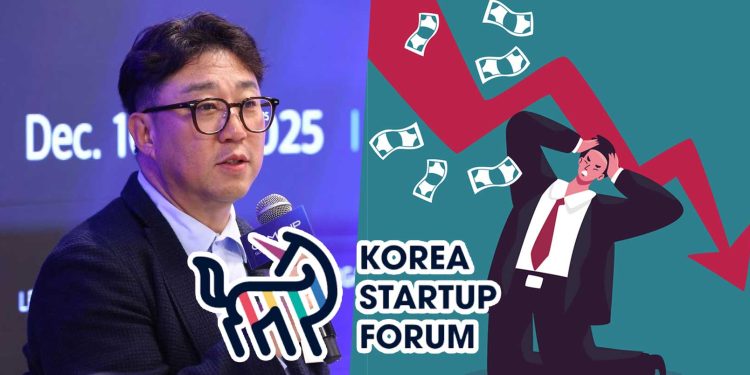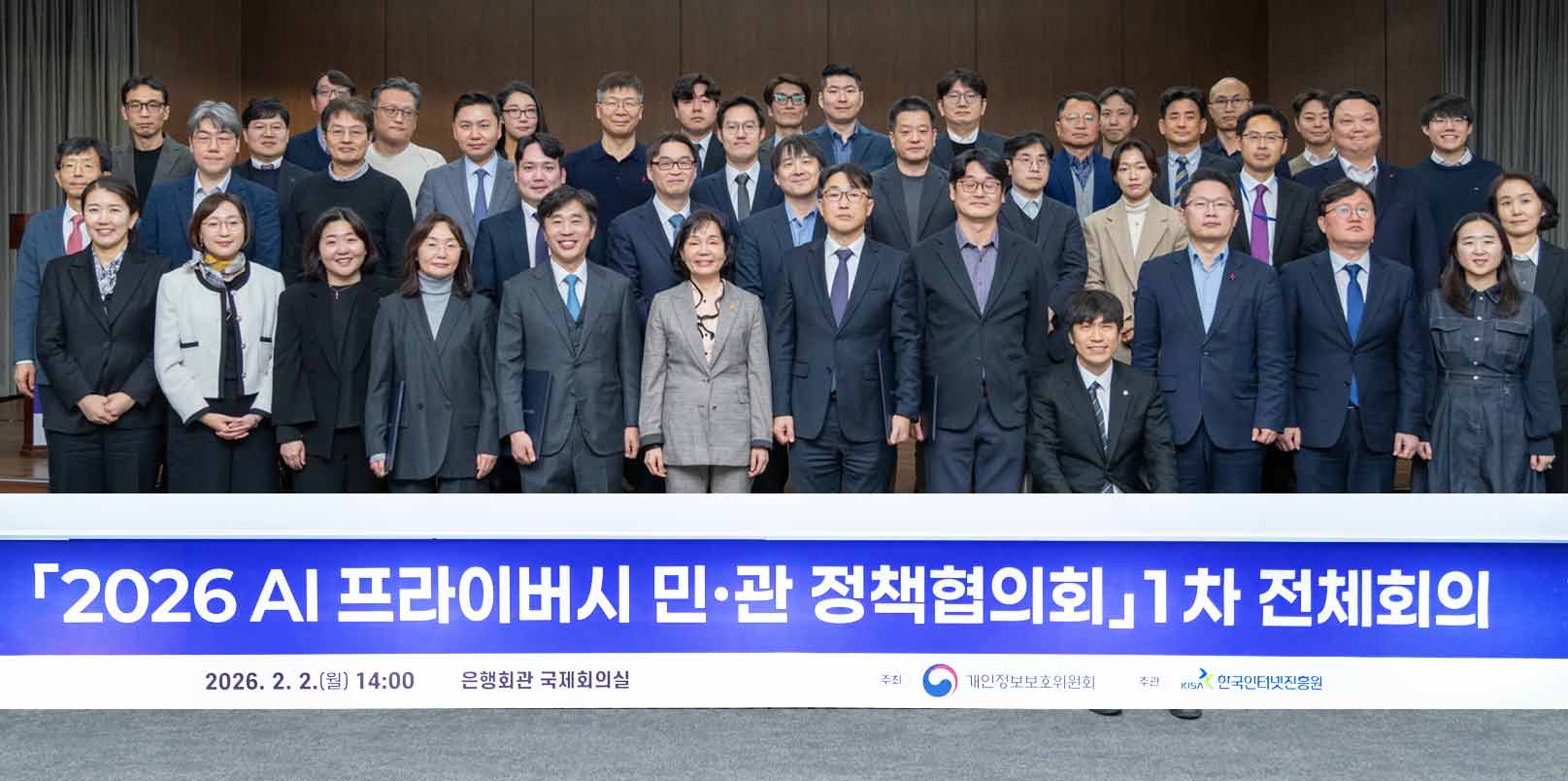In Korea’s innovation economy, few policy moves carry as much weight as the fate of the nation’s Fund of Funds. Now, a parliamentary debate over splitting its budget has triggered unease across the venture ecosystem. Behind the fiscal argument lies a deeper question — can Korea maintain investor trust and global competitiveness while rewriting the very foundation of its startup finance system?
Korea Startup Forum Warns Against “Divided Allocation” of Core Venture Fund
The Korea Startup Forum (KOSPO) has issued a strong warning over ongoing National Assembly discussions to split the government’s Fund of Funds budget into multi-year stages. The organization argues that such a shift could destabilize Korea’s venture investment market, discourage private investors, and undermine the trust that sustains early-stage financing.
In a statement on November 21, KOSPO urged lawmakers to immediately halt the divided-allocation proposal, calling it a move that “could shake the foundation of Korea’s innovation ecosystem.” The debate surfaced during budget deliberations by the National Assembly’s Special Committee on Budget and Accounts, where some members suggested introducing a “phased contribution” model rather than the current one-time lump-sum system.
More Debate: Why the “Mother Fund” Matters to Korea’s Startup Economy
The Fund of Funds (모태펀드), often referred to as the “Mother Fund,” is one of the government’s most important innovation-finance mechanisms.
Over the past five years, it has supplied roughly KRW 15 trillion out of KRW 37 trillion in total venture-fund formation — nearly 40 percent of the market’s capital base. The fund’s stability has long served as a signal of reliability to private limited partners (LPs) and foreign co-investors.
Under the proposed change, the government would allocate funding annually over several years, instead of committing the full budget upfront. Lawmakers supporting the revision claim the current system is inefficient because most venture funds invest over a four-year cycle, making lump-sum budgeting redundant.
However, KOSPO and industry stakeholders warn that such an adjustment, without comprehensive analysis of market practices, could erode predictability in Korea’s venture ecosystem — a critical factor for attracting institutional and cross-border investors.
Previously, Korea’s Fund of Funds also faced another fierce debate as they believed that the fund’s allocations are not fully invested within a single fiscal year. Therefore, despite the government’s efforts to extend the Fund of Funds’ lifetime and expand its AI and deep-tech allocation, some lawmakers tried to reduce the Mother Fund budget instead.
Industry Concerns: “A Risk to Market Trust and Capital Stability”
KOSPO outlined three primary risks associated with the divided-allocation proposal.
- Reduced private-sector participation.
Private investors participate in venture partnerships on the assumption of the government’s steady contribution. Year-to-year variation could make them hesitate, leading to smaller or delayed fund formation. - Potential payment failure.
If venture capital firms accelerate investment schedules, the Mother Fund might be unable to meet capital calls under a split-budget regime, resulting in default risks and forced early withdrawal from existing funds. - Loss of investment autonomy.
Annual caps effectively act as funding ceilings, limiting flexibility and diverging from global norms where capital-call systems allow investors to contribute as needed.
KOSPO argued that these risks, if realized, could trigger a funding cliff for early-stage startups, reduce liquidity in the venture market, and erode Korea’s credibility among global partners,
“If the investment foundation becomes unstable, innovative companies leading Korea’s competitiveness may lose access to timely capital.
This would weaken the country’s future growth engines.”
The Broader Context: Policy Efficiency vs. Market Predictability
The debate over the Mother Fund reflects a larger policy tension between fiscal efficiency and market stability.
Government budget officials have sought ways to streamline public expenditure as venture activity expands, while the private sector emphasizes the importance of long-term commitment and trust.
Analysts note that Korea’s approach to innovation finance has traditionally relied on public–private partnership models, where government participation catalyzes private capital formation. Any shift that reduces confidence in that mechanism, they argue, could affect global co-investment flows, particularly as Korea positions itself as a venture capital hub for the Asia–Pacific region.
Globally, most venture markets operate under flexible contribution schedules, allowing funds to draw capital as investment opportunities arise. KOSPO contends that the proposed divided system would contradict these global standards, isolating Korean venture practices at a time when international alignment is increasingly vital.
More Fund of Funds Debate: Strategic Implications for Korea’s Startup Ecosystem
If the divided-allocation model were implemented, the impact would reach far beyond domestic fund managers. Early-stage startups could face slower fundraising cycles, while foreign investors might question the government’s reliability as a co-investor.
This could weaken the credibility Korea has built through major programs such as the TIPS initiative and the NEXT Unicorn Project, which spearhead the nation’s ambition to nurture high-growth startups capable of leading global markets. Both programs depend on steady public backing to attract global partners. It could also affect the emerging regional Mother Fund initiatives designed to expand Korea’s innovation networks beyond metropolitan areas — initiatives that equally rely on the national Fund of Funds for capital stability and operational continuity.
Conversely, maintaining the current structure — while improving transparency and evaluation standards — could preserve investor confidence and sustain Korea’s competitive edge as it seeks to expand venture pipelines into markets such as the Middle East, Southeast Asia, and North America.
Balancing Reform and Stability
The Mother Fund debate marks one of the most consequential policy crossroads for Korea’s startup ecosystem in recent years. While fiscal reform advocates emphasize budget discipline, the startup community argues that trust and continuity are non-negotiable foundations of innovation finance.
Eventually, for global investors watching Korea’s venture environment, the outcome of this debate will signal how predictably the nation manages public–private capital frameworks — and whether its startup ecosystem remains a reliable partner in global innovation.
– Stay Ahead in Korea’s Startup Scene –
Get real-time insights, funding updates, and policy shifts shaping Korea’s innovation ecosystem.
➡️ Follow KoreaTechDesk on LinkedIn, X (Twitter), Threads, Bluesky, Telegram, Facebook, and WhatsApp Channel.






